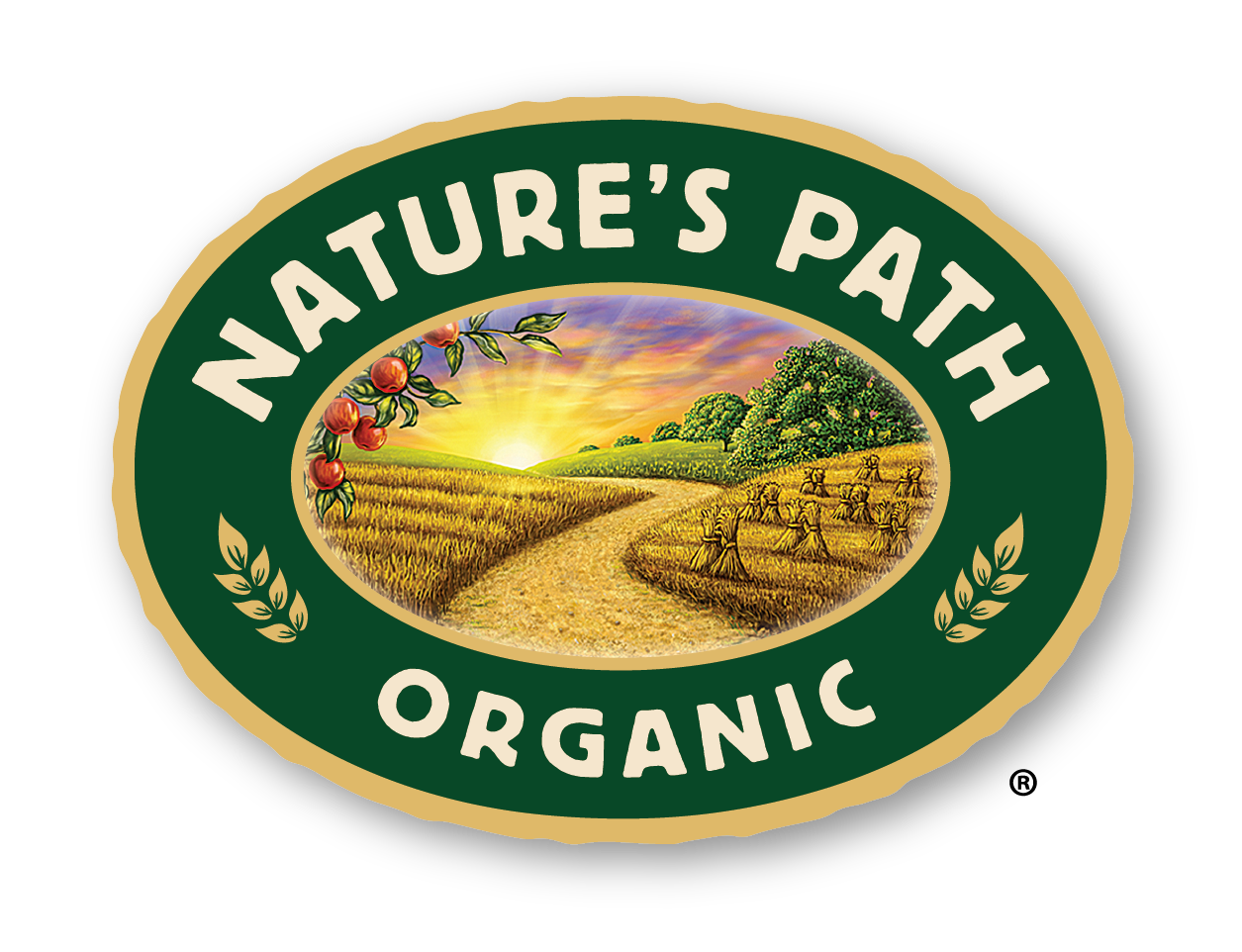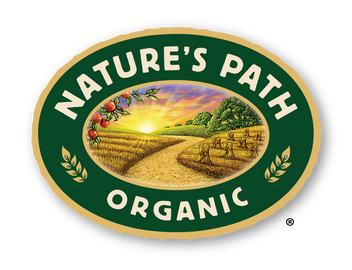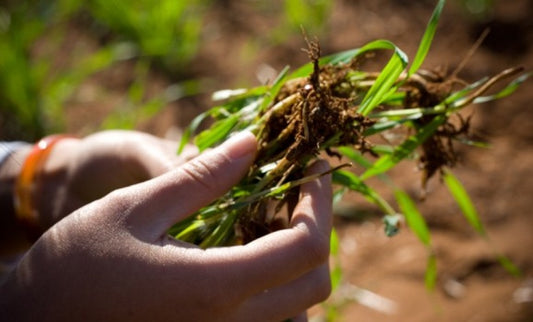Would you like to be the first to hear about our new products and more? Sign up for our Nature’s Path Newsletter.
The Concerning Use of Antibiotics in Animal Agriculture
Advances in medicine over the last century have granted humankind the ability to continuously challenge the odds between life and death. Countless lives have been saved, predominantly due to the discovery of antibiotics. With such a powerful lifesaving tool at our disposal, it's no wonder we have come to rely on them as much as we do.
That said, antibiotics are a tool that should be used sparingly and with the utmost care and responsibility. Misuse threatens their long term effectiveness in humans and other animals. Over the years, however, some large scale animal agriculture operations have chosen to abuse the privilege of antibiotics, only to now find out the detrimental effects that such actions can have.
Antibiotics have been used in livestock agriculture since the 1950s, when a group of American scientists discovered that their use can actually increased the rate at which animals mature. This was a cheap and easy way for farmers to increase their overall product output. Needless to say, it caught on.
Antibiotic use grew even more as small scale farms turned into factory feedlots housing hundreds of animals. With so many animals crammed under one roof of unsanitary, stressful conditions, caring for them became increasingly difficult. Many farmers turned to antibiotics to solve their problems and began haphazardly administering small doses of the medication on a regular basis. This was happening to even the healthiest of herds, often with little to no consultation of physicians.
Economically, it made more sense to prevent disease through the use of cheap pharmaceuticals then it did to treat sick animals. Not only did it promote growth, it also reduced the risk of one or two animals getting sick and potentially infecting the rest of the herd.
Unfortunately this method has grown to become the norm. A 2013 study by the FDA found that Americans only consumed twenty percent of all antibiotics sold in the United States. The remaining eighty percent (13.6 million kilograms) were being consumed by animals, most of which confined to feedlots and bound for the processing plant.
Unlike what's happening on farms, appropriate dosage and administration frequency are vital to antibiotics’ success. It's also paramount that they’re only to be used when there is a disease or infection to fight off. Just as humans and other animals adapt over time to best suit their surrounding environment, so do bacteria. If bacteria are exposed to a small dose of specific drugs over a long period of time, the drugs will kill some, but not all of the harmful bacteria. Those that are left over will multiply and eventually create a superbug, rendering the antibiotic defenseless and unable to combat the disease.
If not well contained, superbugs have the potential to spread anywhere throughout the natural environment - including to our plates. Undercooked meat, farm operators, and farm runoff (feces) are among the most common ways superbugs can be transported. They are a threat to human and environmental health and should be taken very seriously.
The exact rate at which superbugs grow is still unknown. But, considering the unfathomable rate at which animals are consuming these drugs, there is a strong reason for concern. Cases of antibiotic-resistant diseases are not unheard of and are becoming more and more common. It is important to remember that what's best for business isn't always what's best for the long term welfare of humans and the environment.
Although eating a plant-based diet doesn't mean you’ll never get sick, it does mean you won't be ingesting ‘second hand drugs’ and running the risk of contracting one of a number of harmful diseases. It also puts less pressure on the meat and dairy industry as a whole by slowly decreasing demand.








